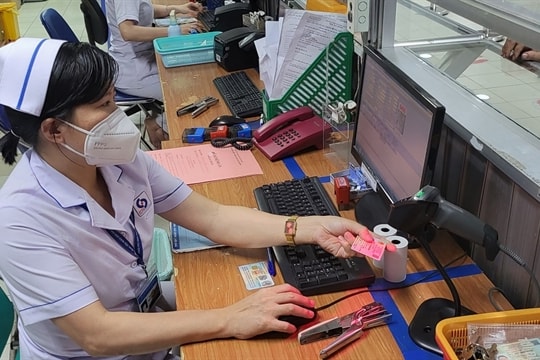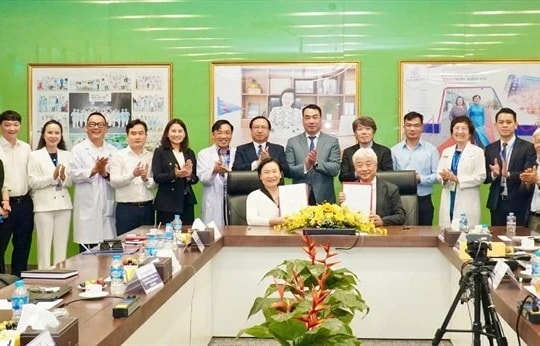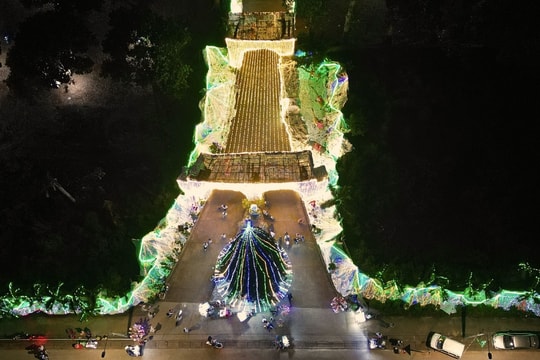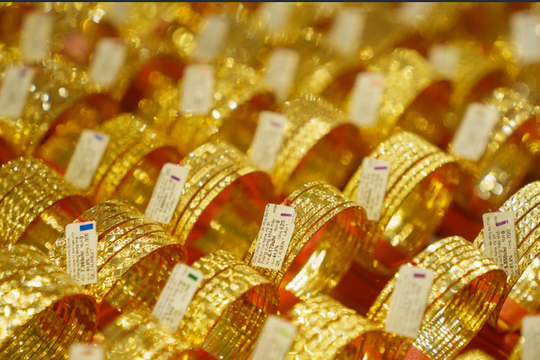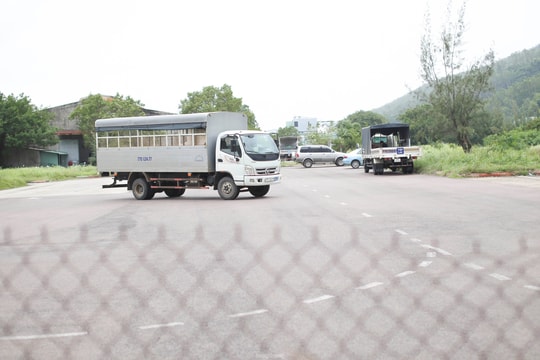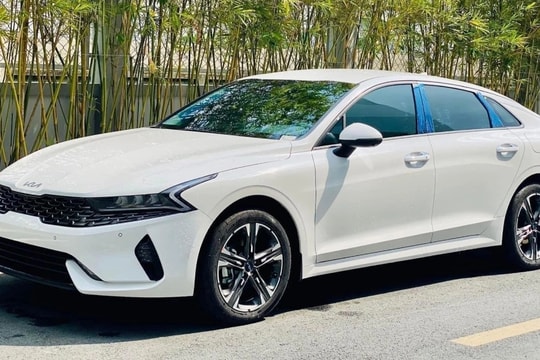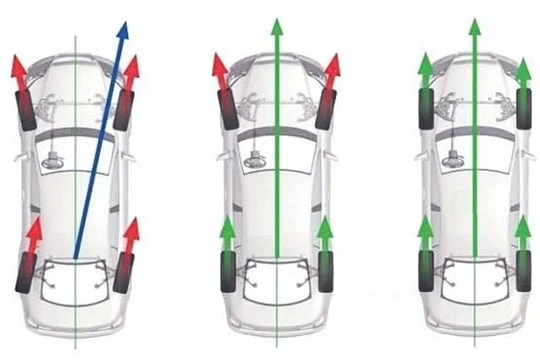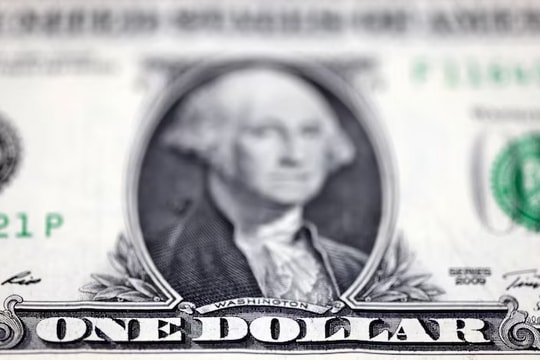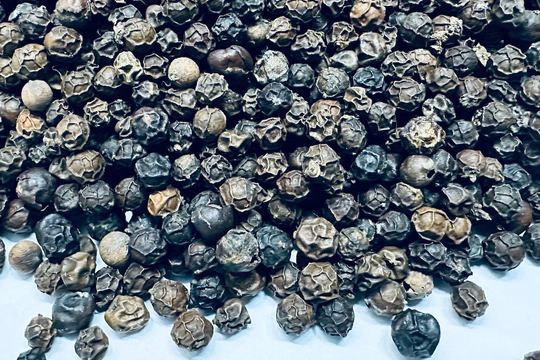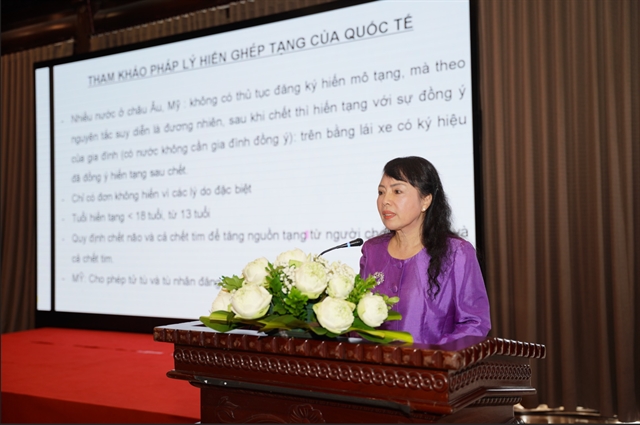 |
| Associate Professor, Dr. Nguyễn Thị Kim Tiến, former Minister of Health and chairman of the Vietnamese Association for Organ and Tissue Donation, speaks at the workshop. — VNS Photo Thanh Hải |
HÀ NỘI — Việt Nam recorded about 1,000 people receiving organ transplants in 2023, making Việt Nam a country with the most people receiving organ transplants in Southeast Asia, participants heard at a workshop on July 16.
At the workshop on organ tissue donation, transplantation and coordination in Việt Nam, health experts shared advances in organ transplantation techniques and the latest organ transplant miracles, while also worrying about existing barriers in the field.
The first barrier is awareness.
Associate Professor, Dr. Nguyễn Thị Kim Tiến, former Minister of Health and chairman of the Vietnamese Association for Organ and Tissue Donation, emphasised that the difficulty in registering for organ donation in Việt Nam was still largely due to people’s concept of Chết phải toàn thây (when you die, you must have a whole body).
In addition, most people do not realise that organ donation is cultural, responsible and compassionate to the community.
They also do not clearly understand how to register for organ donation.
Associate Professor Dr. Đồng Văn Hệ, Deputy Director of Việt Nam- Germany Friendship Hospital and director of the National Organ Transplant Coordination Centre, said that the number of people who received organ transplants was mainly from living donors, donations from the deceased only numbered 12.
“The organ donation rate from brain-dead people in Việt Nam is only 0.15 per one million people, while in the world the rate is 50 people per one million people,” said Dr. Hệ.
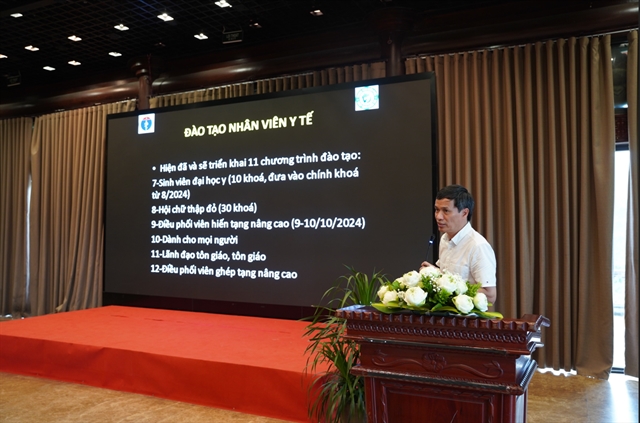 |
| Associate Professor Dr. Đồng Văn Hệ, Deputy Director of Việt Nam- Germany Friendship University Hospital and director of the National Organ Transplant Coordination Centre. — VNS Photo Thanh Hải |
"The need for patients needing organ transplants is huge. Because of the lack of organs from brain-dead donors, organs from living donors should be taken.
"However, we still want organs to be donated from brain-dead or heart-dead people more, because a brain-dead or heart-dead person can donate up to eight organs, including two kidneys, two livers, two lungs, their heart, pancreas and cornea.
“Living people can only donate one organ, not to mention there are health risks for the donor after organ donation," said Dr. Hệ.
Next are legal barriers.
Dr. Hệ said that there are many cases where people have registered to donate organs when they, unfortunately, pass away, but doctors still cannot get organs to donate to save lives.
There are even cases where almost the entire family has agreed to donate the organs of a brain-dead relative, but at the last minute, if just one family member does not agree, the entire organ retrieval team has to stop and wait. Because the current law stipulates that if one family member does not agree, the organ cannot be removed, according to Dr. Hệ.
Dr. Tiến said that current legal regulations need to be adjusted to increase the opportunity to donate organs, such as age conditions for organ donation (currently over 18 years old), regime for organ donors and families, financial mechanism on costs and payments for donation mobilisation, transplantation and post-transplantation.
 |
| More than 150 doctors and nurses from Central Military Hospital 108 perform an organ removal and transplantation. — Photo VGP |
According to Dr. Tiến, the legal regulations of some countries around the world do not have procedures for registering organ tissue donation, but the principle of inference is natural. After brain death, organs can be donated with the consent of the family (some countries do not require the family's consent) or when the driver's licence has a sign indicating consent to organ donation after death.
Therefore, the former Minister of Health proposed that in the upcoming revised Law on Organ Donation, it is necessary to research and include a regulation that even if people were not registered when they were alive, if they die, their family can still agree to organ donation.
At the same time, in the consulting work on organ donation registration at hospitals, the organ donation registration consulting team cannot have an emergency resuscitation doctor, because it is a sensitive issue for the patient's family.
Another problem is that organ coordination time is still a challenge.
Associate Professor Dr. Hệ cited a recent brain-dead organ donation case in Phú Thọ Province. It took the Organ Transplant Coordination Centre 16 hours to select two suitable patients out of 58 patients waiting for an organ transplant.
The most recent brain death case had to contact 119 patients over a 16-hour period to identify five patients with suitable indicators to receive liver, kidney and heart.
To increase the source of organ donations for patients waiting for transplants, Dr. Hệ said that it is expected that from August 2024, human organ donation and transplantation will be included in the regular training programme at HCM City and Hà Nội Medical universities. Training content includes organ tissue donation, the law on organ donation and what medically constitutes brain death. — VNS




